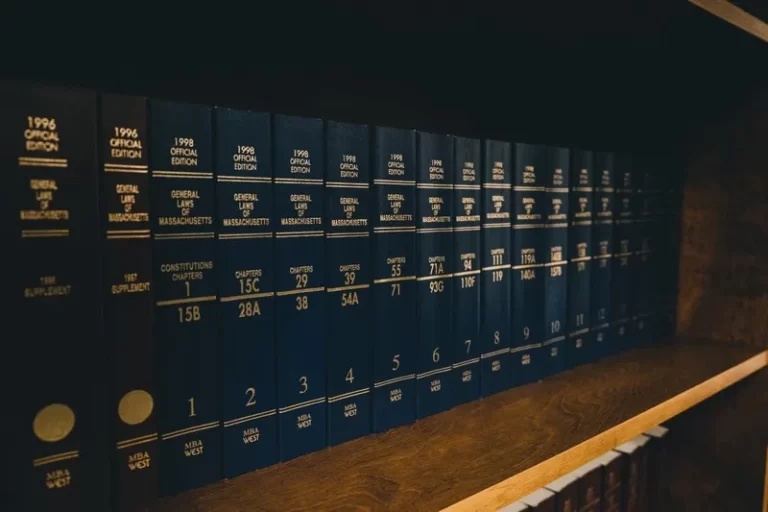Table of Contents
- Historical Development of the Sociology of Law
- Key Concepts and Theories
- Methodologies in the Sociology of Law
- Contemporary Issues in the Sociology of Law
- Conclusion
The sociology of law is a sub-discipline of sociology that focuses on the relationship between law, society, and social behavior. It investigates how legal systems, laws, and institutions impact societal norms, values, and behaviors, and vice versa. By examining the interplay between law and society, sociologists can uncover the ways in which legal frameworks both reflect and shape social structures and cultural practices. This overview will explore key concepts, theories, and methodologies within the sociology of law, providing a foundational understanding suitable for undergraduate students.
Historical Development of the Sociology of Law
Early Foundations
The roots of the sociology of law can be traced back to classical sociological theorists such as Max Weber, Emile Durkheim, and Karl Marx. Max Weber’s work on the rationalization of law and authority, Emile Durkheim’s studies on the role of law in maintaining social order, and Karl Marx’s critique of law as a tool of capitalist oppression laid the groundwork for modern sociological inquiries into legal systems.
Weber’s analysis of legal rationality distinguished between formal and substantive rationality, emphasizing how modern legal systems are characterized by procedural rules and bureaucratic administration. Durkheim, on the other hand, viewed law as a reflection of collective consciousness, with its primary function being to reinforce social solidarity. Marxist perspectives, however, highlighted the ways in which law serves to perpetuate class inequalities and maintain the interests of the ruling class.
Modern Developments
In the mid-20th century, the sociology of law emerged as a distinct field of study, with scholars like Talcott Parsons and Niklas Luhmann contributing to its theoretical and methodological advancements. Parsons applied his functionalist framework to the study of law, emphasizing its role in the integration and regulation of social systems. Luhmann’s systems theory further expanded the field by conceptualizing law as an autopoietic system, self-producing and maintaining its own boundaries.
The post-World War II period also saw the rise of critical legal studies, which challenged traditional notions of objectivity and neutrality in law. This movement, influenced by Marxist, feminist, and critical race theories, argued that law is inherently political and embedded with power dynamics that perpetuate social inequalities.
Key Concepts and Theories
Legal Pluralism
Legal pluralism is a concept that recognizes the coexistence of multiple legal systems within a single social field. It challenges the notion of a monolithic state-centric legal system by acknowledging the presence of various normative orders, including customary law, religious law, and indigenous legal practices. Legal pluralism underscores the complexity of legal landscapes and the ways in which different legal systems interact, conflict, and coexist.
Law and Social Control
The relationship between law and social control is a central theme in the sociology of law. Law functions as a mechanism of social control by establishing norms, prescribing behaviors, and sanctioning deviance. This perspective examines how legal norms are internalized by individuals and how compliance is enforced through formal institutions such as the police, courts, and correctional facilities. Additionally, it explores the role of informal social controls, such as community pressure and socialization processes, in shaping legal compliance.
Law and Social Change
Law is both an instrument of social change and a reflection of societal transformations. Sociologists of law investigate how legal reforms are initiated, implemented, and resisted, as well as the impacts of these reforms on social structures and behaviors. The interplay between law and social change can be seen in areas such as civil rights, gender equality, and environmental protection, where legal interventions have played a crucial role in advancing social justice and equality.
Law and Power
The analysis of power relations is fundamental to understanding the sociology of law. Drawing on the works of Michel Foucault and Pierre Bourdieu, sociologists explore how law is implicated in the production and reproduction of power dynamics. Foucault’s concept of biopower and Bourdieu’s theory of legal capital highlight the ways in which legal systems regulate bodies and social hierarchies. This perspective sheds light on the ways in which law perpetuates social inequalities and serves the interests of dominant groups.
Methodologies in the Sociology of Law
Get the full article AD FREE. Join now for full access to all premium articles.
View Plans & Subscribe Already a member? Log in.





